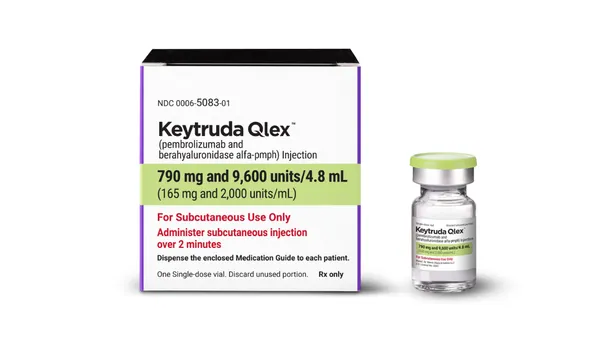Optimizing Sales Performance by Building Brand Commitment Jeffrey Zornitsky, Senior VP, Sales Performance Optimization Developing high-performing reps is an industry priority. Yet in spite of an annual investment of $24 billion, companies are missing the mark on creating programs that improve sales results. In fact, a host of factors — from declining rep productivity to diminishing physician access — point to a drop in sales effectiveness. One of the reasons for these disappointing outcomes has been a continuing focus on the sales process — factors such as message delivery or call frequency — when seeking to increase performance. It’s clear, however, that improving the sales process alone will not yield significant performance improvements. To succeed, companies must expand their focus beyond the sales process to the sales driver — the physician generating prescriptions. That means retraining and supporting reps in shifting to a customer-centric approach in managing physician relationships. Companies can effectively transition to a customer-centric salesforce by following three key requirements: integrating relationship metrics into measurement systems; configuring compelling experiences; and creating high-performance cultures. Adding Relationship Metrics to the Measurement Mix Managing physician relationships requires metrics that provide insights into those relationships. These metrics need to be predictive of physicians’ prescribing behaviors, monitored to ensure ongoing improvements, and pushed down to regional, district, and territory levels where reps and their managers can act on them. Relationship metrics capture physicians’ emotional commitment to a brand. These metrics are different from traditional satisfaction and loyalty measures, because they indicate how connected physicians are to a brand and how doctors are likely to behave, today and tomorrow. Commitment predicts the share growth that can be expected and protects against competitive switching. With salesforces pressed to increase productivity, it’s critical for companies to train reps on how to drive commitment. High commitment not only increases prescribing, it inoculates doctors against competitive actions, keeping prescribing high over time. Commitment metrics also provide powerful tools for segmenting physicians — and determining where brands are vulnerable, where they’re secure, and where they have opportunities to win share from competitors. When combined with profiling data, this information is enormously useful for building optimal targeting and resource allocation strategies. Managing physician relationships does not stop with commitment metrics. Reps and their managers also must learn to build optimal physician experiences to improve commitment. Physician experiences are not limited to rep interactions. They encompass all the services surrounding a brand, including patient education, communication services, e-detailing, and practice-management support. These elements impact physicians’ brand perceptions. Therefore, they all must be measured to diagnose the full brand experience and identify ways to drive commitment and prescribing. Delivering Compelling Physician Experiences Physicians want relationships. They define relationships in terms of the full spectrum of experiences that companies provide. Research confirms that the most influential aspects of the physician experience address the fundamentals of productive relationships. The relationships physicians seek are: “know what my needs are, focus on helping me serve my patients, and treat me with respect.” To succeed, companies must work with reps to help them understand, and deliver, the experience preferences unique to each physician. Creating a High-Performance Culture Creating a high-performing salesforce requires continuous measurement and reporting of key performance metrics. Companies must establish clear standards and assess reps against those objectives. It’s critical to incorporate relationship and experience metrics into the performance management process at every level of the sales organization. Regional and district managers must work with their sales teams to build commitment by providing motivating physician experiences, and they must include commitment and relationship goals in their performance measurement processes. By teaching sales representatives to build commitment through compelling experiences, and holding salespeople accountable for meeting commitment objectives, companies can drive prescribing and productivity. Strengths and Weaknesses of the Physician Franchise Sales Rep Target Planning Current Patient Share Committed Physicians Uncommitted Physicians Physician Potential (Patient Share) Sales Effectiveness TNS Healthcare, New York, is a provider or research-based marketing information and consultancy services covering almost every aspect of business and society. For more information, visit tns-global.com. May 2006 VIEW on Sales Training
An article from


Optimizing Sales Performance by Building Brand Commitment
Filed Under:
Commercialization










